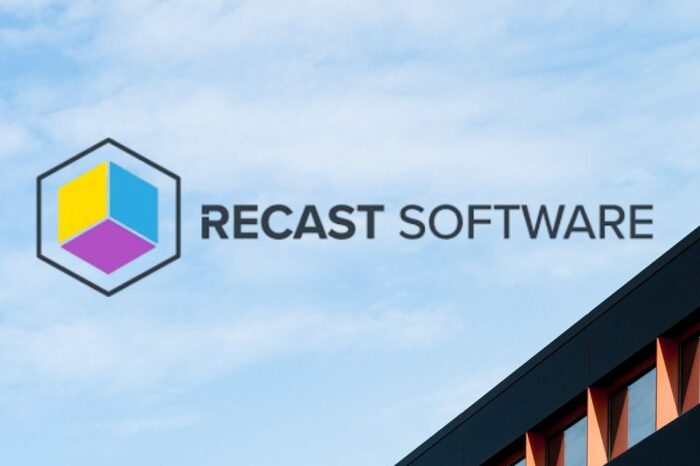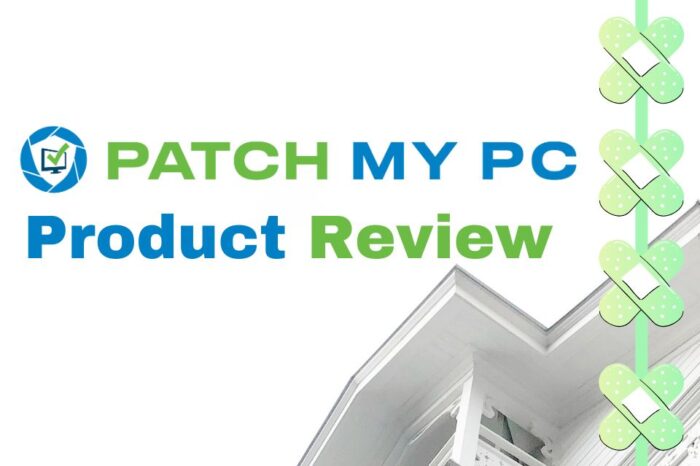Top 4 Best SCCM alternatives for MSPs and IT teams – SCCM alternative tools

While SCCM has been the leader for a long time in device management and control, the evolving players in the market are offering better features, support and development at a reduced cost.
MSPs and IT teams have started moving away from SCCM to other device management tools. In this article, we’ll see some of the best SCCM alternatives that you can look into while evaluating device management software like RMM, and unified endpoint management tools for your network and business.
Why IT admins are looking for the best SCCM alternatives?
Microsoft phased out SCCM as it has integrated its Intune and the all-new Endpoint Manager to suit the evolving market space.
However, not everyone was able to have a smooth transition into this new approach of Microsoft creating a lot of challenges for SCCM users, which is exactly why the existing users are looking for the best SCCM alternatives.
To know more about SCCM and Endpoint Manager in detail, please feel free to read our exclusive guide.
Finding the best SCCM alternatives is unique to each business
While SCCM has a wide range of scope, the best SCCM alternatives may not have all of it. However, they can actually fit into your network requirements and can be completely narrowed down as per your needs from the list of several device management tools on the market.
With the evolution of MDM, EMM and UEM, enterprises need to manage different types of devices including BYOD, Kiosk COPE, CYOD, COBO and COSU devices. They also need to have control over different OSs like Windows, Mac, Linux distros, ChromeOS, TvOS, FireOS, Android, and iOS.
The Top 4 best SCCM alternatives for your network
VMware Workspace One – First best SCCM alternative
VMware has been keenly following the footsteps of Microsoft and in some sections, they have better the Microsoft. This includes versatility, support and development.
VMware positioned itself as the leading unified endpoint management provider with abilities that Microsoft isn’t currently capable of doing. With the focus on Zero Trust, Digital Employee Experience and reduced digital friction VMware leads the efficiency and usability compared to SCCM, making it the best SCCM alternative.
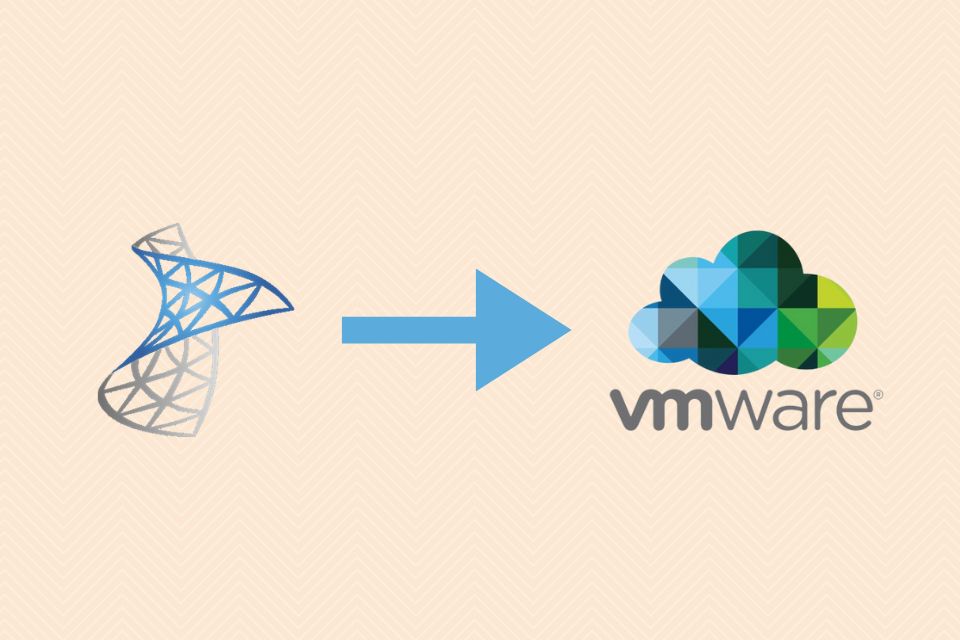
Here is why VMWare is the best SCCM alternative.
- VMware comes with device management, remote support, remote access, analytics, virtualization, endpoint security and single sign-on.
- SaaS management capabilities.
- Predefined templates, configurations, and wizards reduced the IT admin’s time and increased efficiency.
- Enables actions on devices based on alerts and data.
- Intelligence reporting and insights facilitate rule-based automation.
- Enhanced patching capabilities
- Excellent documentation and support.
People who have used SCCM should find VMware more simple and straight-forward thanks to the user-friendly UX and UI of the platform. MSPs and IT admins looking for a solid MDM like capabilities with extended SCCM look alike perks, then they should go for VMware Workspace One.
Ivanti – Second best SCCM alternative
Ivanti follows VMware to be the next best SCCM alternative for IT teams and MSPs. Ivanti has intelligence and automation to provide, discover, self-healing, patching, zero-trust security and digital employee experience.
Ivanti has deep integrations with RiskSense, Cherwell Software, Pulse Secure and MobileIron making it a SCCM best alternative.
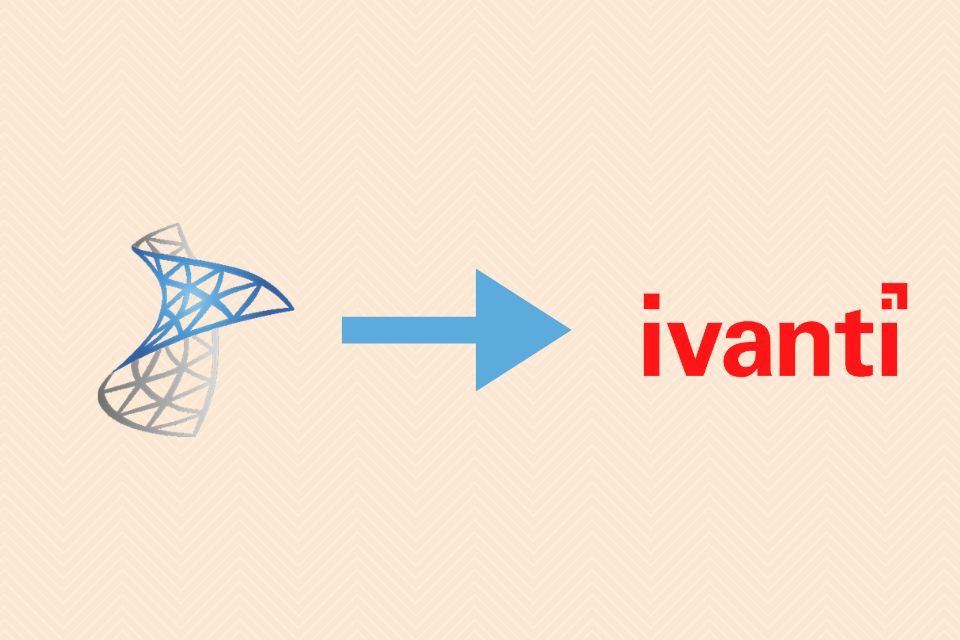
Here is why Ivanti is the best SCCM alternative.
- Supports Linux distros, Server OS, Android Open Source Project devices, OEM Config, and Wearables.
- Ivanti comes with machine learning, collects data and creates actionable insights used for the remediation of anomalies.
- Doesn’t just depend on CVE or CVSS but provides a contextual assessment of risk.
- Supports Linux distros, Server OS, Android Open Source Project devices, OEM Config, and Wearables.
- Supports OS and third-party patching with ITAM & ITSM capabilities.
- Excellent documentation and support.
Ivanti with its enhanced patching capabilities makes it the hot choice for the best SCCM alternative. Businesses and IT admins looking for a solid patching tool with extended SCCM capabilities should go for Ivanti.
IBM MaaS360 – Third best SCCM alternative
IBM Maas360 tool with its Watson (AI) is an advanced device management and endpoint security software. Watson is the key difference between SCCM, Vmware and Ivanti that makes the third place compared to other device management vendors in the market.
With the support of Watson, everything is super-fast and productive with IBM, it also comes with digital employee experience, several integrations, OS and application patching to strengthen the overall device and IT management needs.
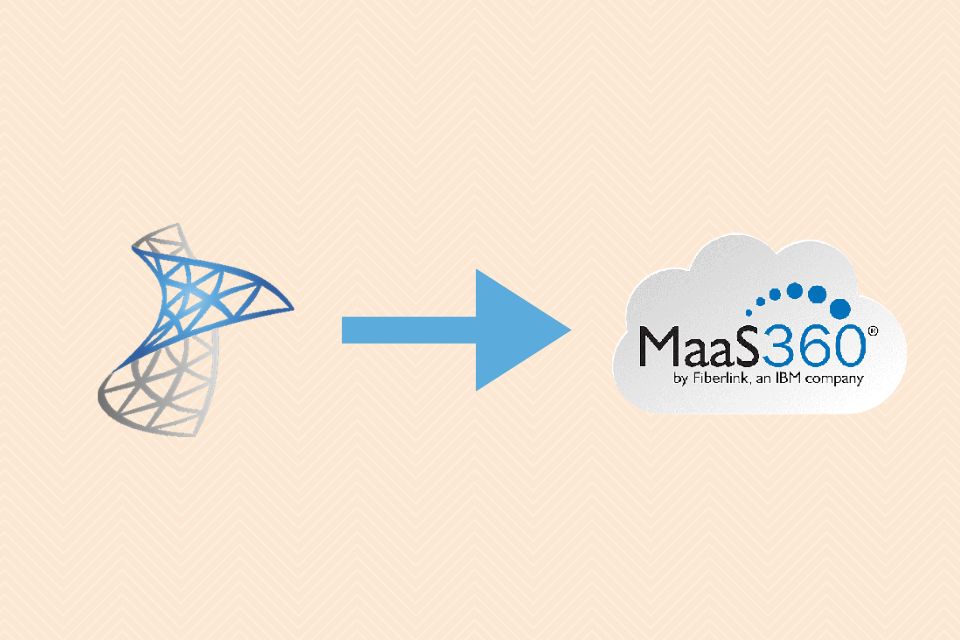
Here is why IBM MaaS360 is the best SCCM alternative.
- IBM Watson identifies configuration and security changes on managed devices.
- Predefined configuration for 500 apps which be deployed to devices.
- Cloud-based patching with robust update capabilities, third-party application patching and vulnerability assessment.
- Endpoint analytics and automation improve the overall digital employee experience (DEX).
- Excellent documentation and support.
Managing devices efficiently and securely requires simple device management software that can satisfy the network requirements and also facilitate hassle-free device management routines for IT teams and MSPs.
ManageEngine Endpoint Central – Fourth Best SCCM alternative
ManageEngine Endpoint Central stands out as a strong alternative to SCCM for efficient device management and endpoint security.
Unlike traditional solutions, ManageEngine Endpoint Central simplifies device management with its user-friendly interface and robust features. It offers seamless integration of endpoint security, making it a reliable choice for IT teams and MSPs seeking simplicity and effectiveness.

Here’s why ManageEngine Endpoint Central is a good SCCM alternative:
- Intuitive Interface: ManageEngine Endpoint Central provides a straightforward interface, ensuring that managing devices is a hassle-free experience. The simplicity of the platform enhances productivity for IT teams.
- Endpoint Security: With a focus on security, Endpoint Central offers advanced threat protection and vulnerability management. It ensures that devices are safeguarded against evolving cyber threats, contributing to a secure IT environment.
- Application Patching: The platform streamlines application patching, offering efficient deployment of updates. It simplifies the process, ensuring that devices are up-to-date with the latest software patches and improvements.
- Comprehensive Automation: ManageEngine Endpoint Central incorporates automation to streamline routine tasks. This automation not only saves time but also enhances overall efficiency in managing devices across the network.
- User Experience Enhancement: Endpoint Central prioritizes the digital employee experience (DEX) by providing tools for endpoint analytics. This focus on DEX ensures that end-users have a smooth and optimized experience while using their devices.
- Reliable Documentation and Support: ManageEngine Endpoint Central is backed by reliable documentation and support, ensuring that IT teams have access to the resources they need for effective implementation and issue resolution.
In summary, for organizations seeking a dependable alternative to SCCM, ManageEngine Endpoint Central emerges as a solution that combines simplicity, security, and efficiency in managing devices and ensuring endpoint protection.
The above-listed device management tools act as the best SCCM alternatives that can ensure enhanced and robust endpoint management for your network and business.
Give a try on all the three best SCCM alternatives and choose the one that best suits your network.
There are also other good SCCM alternatives like Hexnode, NinjaOne, and Connectwise Automate which may suit SMBS while the earlier three would suit enterprises.
Find your best SCCM alternative after understanding your network and business requirements.
Subscribe to our newsletter for daily alerts on cyber events, you can also follow us on Facebook, Linkedin, and Twitter. You can reach out to us via Twitter/ Facebook or mail us at admin@thecybersecuritytimes.com for advertising requests.

